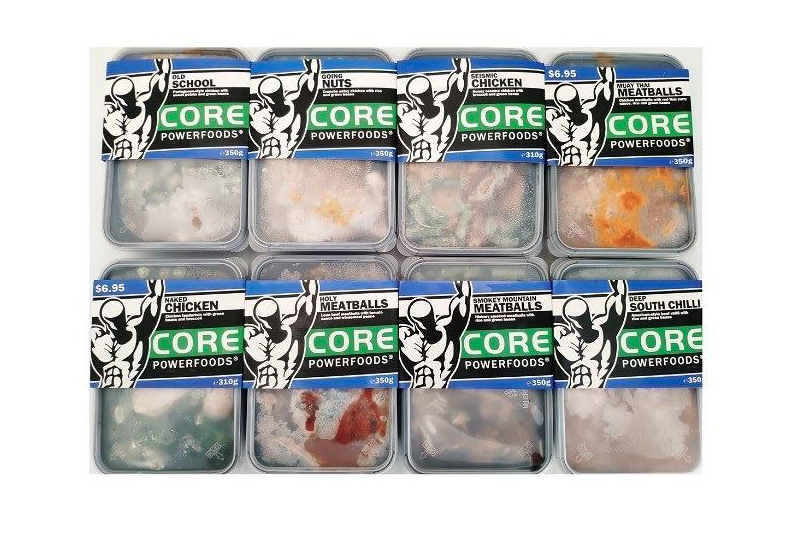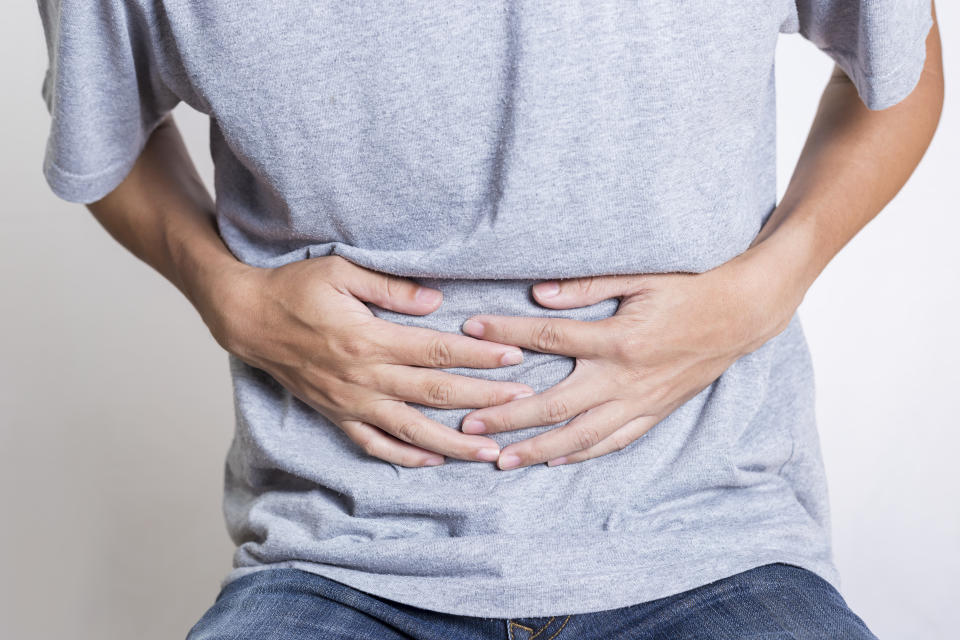Salmonella outbreak fears over frozen meals
Health officials have issued an urgent recall on a selection of frozen microwavable meals, as 38 cases of Salmonella Weltevreden have been diagnosed across Australia.
Australians are being urged to check their freezer for Core Powerfoods products with Best Before dated from March 5 to October 10, 2020.
Core Powerfoods Going Nuts, Deep South Chilli, Muay Thai Meatballs, Holy Meatballs, Naked Chicken, Seismic Chicken, Old School, and Smokey Mountain Meatballs in either 310g or 350g could be a risk of contamination, according to Food Standards Australia and New Zealand.
The items were available for sale at IGA and Coles across Australia independent retailers in NSW, ACT, Queensland, Victoria, South Australia and Western Australia, and a few Woolworths metro stores in Victoria.

Products have tested positive to Salmonella in Queensland, Victoria and South Australia and health experts have warned people not to consume the products, but to either throw them out or return the item to the store it was purchased and get a refund.
Cases of Salmonella across NSW have been identified in Sydney, the Central Coast, Newcastle, Northern NSW and the Murrumbidgee, according to NSW Health.
Core Powerfoods director, Jake Richardson, previously apologised for any “inconvenience or distressed” caused to customers.
“Our first priority is the health of our customers,” Mr Richardson said.
“We are assisting authorities as they attempt to confirm the source of this outbreak and have placed a temporary halt on production.”
Salmonellosis is the infection caused by Salmonella, which is bacteria and infection occurs when eating contaminated food, or sometimes coming into contact with someone who has the infection.
Symptoms generally start to appear six to 72 hours after the infection and people should be wary of the symptoms, which include fever, headache, diarrhoea, abdominal pain, nausea and vomiting.

According to NSW Health’s Executive Director of Health Protection, Dr Jeremy McAnulty, Salmonella can be quite severe in some cases saying sometimes people - particularly young babies, elderly people and those with weakened immune systems may need to be hospitalised.
Dr McAnulty warned people should be cautious and make sure their food - even microwavable food - is cooked correctly, as Salmonella is generally spread when consuming under-cooked meat and animal by-products.
“Frozen food may not be ready to eat and should always be cooked thoroughly following manufacturer instructions. The longer food is left at room temperature the more the Salmonella bacteria will multiply. Refrigerated food should be kept at less than five degrees Celsius and hot food should be kept above 60 degrees Celsius,” he said.
Do you have a story tip? Email: newsroomau@yahoonews.com.
You can also follow us on Facebook and Twitter, download the Yahoo News app from the App Store or Google Play and stay up to date with the latest news with Yahoo’s daily newsletter. Sign up here.


